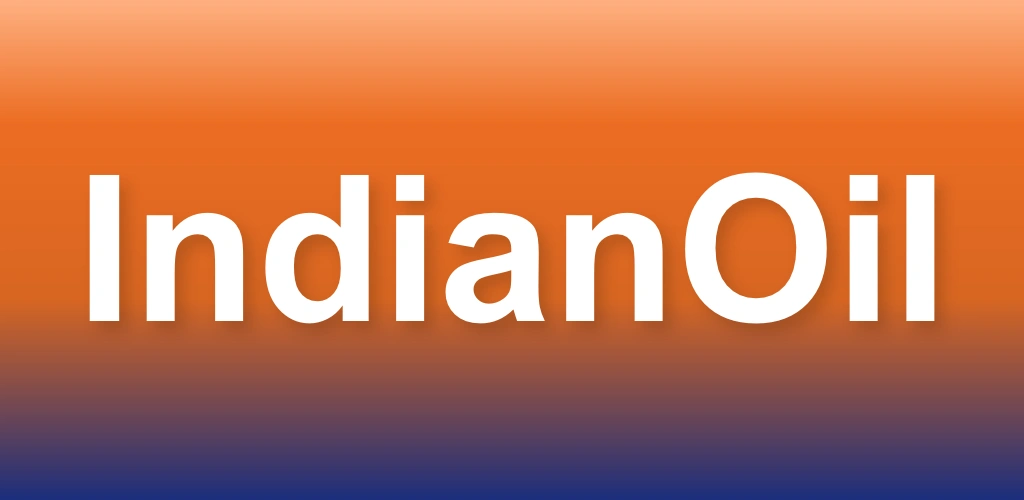Introduction
PX IndianOil Corporation Limited (IOCL) is one of India’s largest and most important public sector oil companies. It has a diverse portfolio, covering petroleum refining, pipeline transportation, and petrochemical production. Among its many innovations and offerings, PX (Para-xylene) stands out as a critical component in the petrochemical industry, forming the basis for several important downstream products. In this article, we will delve into what PX is, its role in the global market, and how PX IndianOil plays a vital role in its production.
What is PX (Para-xylene)?
Para-xylene (PX) is an aromatic hydrocarbon and is one of the three isomers of xylene. It is primarily used as a raw material in the production of Purified Terephthalic Acid (PTA), which is an essential precursor in the manufacture of polyester fiber, resin, and film. The significance of PX extends into various industries, including textiles, packaging, and plastics.

IndianOil’s PX Production Capabilities
PX IndianOil foray into PX production is a part of its larger strategy to diversify its product base and tap into high-growth petrochemical markets. IOCL has PX production units in its refineries, where it uses advanced technologies to extract PX from crude oil derivatives. One of the major PX production units is located at IndianOil’s Panipat Refinery, which has significantly enhanced the company’s petrochemical output.
PX Demand in the Global Market
The demand for PX has been steadily increasing due to its extensive use in the polyester industry. With global demand for polyester continuing to rise, particularly in emerging economies, the requirement for PX has also surged. India, being a significant player in the global textile industry, has seen an increasing demand for PX, making IndianOil a key supplier to both domestic and international markets.
IndianOil’s Role in India’s Petrochemical Industry
IndianOil is not only a major player in the energy sector but also in the petrochemical market. PX production forms a crucial part of its overall petrochemical strategy. By increasing PX production, IndianOil contributes to reducing India’s dependence on imports of petrochemicals and helps in meeting the growing domestic demand for polyester products. The company’s focus on enhancing its refining capacities and improving PX production efficiency ensures that it remains competitive on a global scale.
How PX is Produced
The production of PX is a complex process that typically involves catalytic reforming and distillation of crude oil. At IndianOil’s refineries, the feedstock for PX is naphtha or straight-run gasoline. The catalytic reforming process converts these feedstocks into aromatic hydrocarbons, including PX. The PX is then separated from other aromatic hydrocarbons using advanced distillation and crystallization techniques, ensuring high purity levels required for industrial use.
PX and the Polyester Chain
PX plays a crucial role in the polyester manufacturing chain. After PX is produced, it undergoes oxidation to produce PTA (Purified Terephthalic Acid). PTA is then polymerized with Mono-Ethylene Glycol (MEG) to produce polyester. Polyester is a versatile material used in textiles, packaging, and even in the automotive sector. The robust demand for polyester products fuels the demand for PX, making it an indispensable part of the global industrial ecosystem.
IndianOil’s Environmental Commitment in PX Production
As one of the largest public sector companies, IndianOil is committed to sustainable and environmentally friendly practices. In PX production, the company employs state-of-the-art technologies to reduce emissions and energy consumption. Its production processes are designed to minimize the environmental footprint, and the company adheres to stringent environmental regulations. This commitment to sustainability not only enhances its reputation but also ensures compliance with global environmental standards.
Challenges Faced by PX Producers
While PX production has great potential, it is not without its challenges. The fluctuations in crude oil prices, global trade policies, and competition from other PX-producing countries can affect profitability. Moreover, the environmental impact of petrochemical production is under scrutiny globally, requiring companies like IndianOil to continuously innovate in terms of cleaner production methods. IndianOil has been proactive in addressing these challenges by investing in research and development, as well as upgrading its refining and production technologies.
PX IndianOil Strategic PX Partnerships
PX IndianOil has established strategic partnerships and collaborations with both domestic and international players to enhance its PX production capabilities. These partnerships provide access to cutting-edge technology, global markets, and best practices in petrochemical production. Such collaborations enable IndianOil to remain competitive in the global PX market while ensuring the sustainability of its operations.
The Role of Panipat Refinery in PX Production
The Panipat Refinery, located in Haryana, is one of IndianOil’s key assets in PX production. The refinery’s Petrochemical Complex is among the largest in India and is equipped with world-class PX production facilities. The PX produced here is used both for domestic consumption and for export to various countries. The refinery’s focus on increasing efficiency and maintaining high production standards makes it a central player in IndianOil’s PX production strategy.
Export Opportunities for PX IndianOil
PX IndianOil strategic position in the PX market opens up significant export opportunities. With rising global demand, particularly from polyester-producing countries like China and Southeast Asian nations, IndianOil is well-positioned to expand its footprint in the international PX market. By leveraging its robust production capabilities and maintaining high-quality standards, IndianOil is set to play a pivotal role in meeting the global demand for PX.
PX IndianOil Contribution to India’s Economy
PX IndianOil production is not only significant for the company but also for the Indian economy. By producing PX domestically, IndianOil helps reduce the need for imports, saving foreign exchange and contributing to the country’s self-reliance in the petrochemical sector. The company’s investments in PX production create jobs, support ancillary industries, and drive overall economic growth in the regions where its refineries are located.
Future Prospects for PX Production
The future of PX production looks promising, especially with the expected growth in global demand for polyester products. PX IndianOil has plans to further increase its PX production capacity to meet both domestic and international demand. With ongoing investments in research and development, as well as strategic expansion projects, PX IndianOil is poised to strengthen its position as a leading PX producer in the global market.
Conclusion
PX IndianOil production capabilities are a testament to the company’s vision of becoming a global leader in the petrochemical sector. By leveraging advanced technologies, focusing on sustainability, and expanding its production capacity, IndianOil is well-equipped to meet the growing global demand for PX. As the demand for polyester products continues to rise, PX IndianOil role in the PX market will only become more significant, contributing to both the company’s growth and the overall development of the Indian economy.
Read More: Hunter Biden Cocke Controversies Around Biden’s Son









